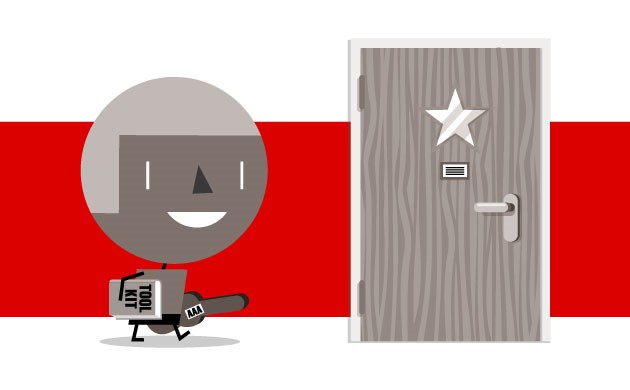2.3 Targeted Activities
Back to the Composer’s Toolkit main page
Speculative Letters/Emails
Writing a speculative letter/e-mail is the written equivalent of cold calling – you are contacting a person or an organisation you haven’t been in touch with before, with the aim of ‘selling’ them your work. First and foremost, research the organisation you are contacting to find out about their needs and interests, and establish who the decision-maker is. This will ensure that your letter is relevant to the organisation and that it will be looked at by the right person. When writing the letter/e-mail, try to make it more personal by including references to the organisation’s activities. It is also useful to write about something current and specific (i.e. “my new work will be performed next week”) rather than about your work in general (i.e. “I’ve included my repertoire list”). Ending your letter with a specific proposal or request might also yield better results than a general sign-off. Don’t overwhelm the person you are writing to with too much information and material. Rather than e-mailing large sound files or documents send a ‘taster’ of your work. Once there’s interest you can always follow up by sending more material.
E-Newsletters
E-newsletters are a great and inexpensive way of keeping people informed of your activities. Make sure you include all essential facts (who, what, where, when) and links to relevant websites, enabling people to access more information or buy a ticket to your event. E-mail marketing companies like Your Mailing List Provider and MailChimp give you access to design templates, which will make your newsletter look more professional. You can also send and track e-shots through these companies and store your contact-list online. Sending newsletters occasionally will be much more effective than sending them frequently, so sticking to maybe three or four editions a year might be best.
Previous: ← Printed and In Person


